 Einführung
Einführung
How to get a new identity is a common question these days. Have you ever wished you could start fresh with a new identity? Whether it’s to escape a troubled past, protect your privacy, or simply reinvent yourself, the desire for a new identity is not uncommon. In this article, we will explore the various methods and strategies to get a new identity, while also discussing the legal and ethical implications involved.
Understanding the Motivation
Before diving into the process of obtaining a new identity, it is important to understand the motivations behind such a decision. People seek new identities for a variety of reasons:
- To escape a troubled past
- To protect their privacy
- To start fresh after a life-changing event
- To avoid legal or financial obligations
By understanding your own motivations, you can make a more informed decision about whether getting a new identity is the right choice for you.
Case Study: John Doe
John Doe, a fictional character, provides an interesting case study on the motivations behind getting a new identity. John was a witness to a high-profile crime and feared for his safety. He decided to change his Identität to protect himself and his family. While his motivations were valid, John had to navigate a complex process to ensure his new identity was legally recognized.
Legal and Ethical Considerations
Obtaining a new identity is not as simple as assuming a new name and creating a new persona. There are legal and ethical considerations that must be taken into account:
Legal Implications
Changing your identity involves navigating the legal system and ensuring that your new identity is recognized by government agencies. Here are some legal considerations to keep in mind:
- Research the laws in your jurisdiction: Different countries and states have different laws regarding name changes and identity documents. Familiarize yourself with the legal requirements in your area.
- Obtain legal documentation: To establish your new identity, you will need to obtain legal documents such as a new passport, driver’s license, and social security number. This process may require providing proof of identity and going through background checks.
- Notify relevant parties: If you have existing legal obligations or relationships, such as child custody agreements or financial obligations, you will need to notify the appropriate parties about your new identity.
Ethical Considerations
While the desire for a new identity is understandable, it is important to consider the ethical implications of obtaining one:
- Identity theft: Creating a new identity can involve using someone else’s personal information, which is illegal and unethical. It is crucial to ensure that your new identity is obtained through legal means and does not harm others.
- Honesty and trust: Building relationships based on a false identity can lead to trust issues and potential harm to others. It is important to consider the impact your new identity may have on the people around you.
How to get a new identity
Now that we have explored the motivations and legal/ethical considerations, let’s delve into the methods to obtain a new identity:
1. Namen Ändern
The most straightforward method to get a new identity is through a legal name change. This process involves petitioning the court to change your name and updating your identification documents accordingly. The specific steps and requirements vary depending on your jurisdiction, but generally involve the following:
- Research the legal requirements: Familiarize yourself with the name change laws in your area. Some jurisdictions require a valid reason for a name change, while others have more lenient requirements.
- File a petition: Prepare the necessary paperwork and file a petition with the court. This typically includes providing your current identification, reasons for the name change, and any supporting documentation.
- Attend a court hearing: In some cases, you may be required to attend a court hearing to explain your reasons for the name change. The judge will then decide whether to grant your request.
- Update your identification documents: Once your name change is approved, you will need to update your identification documents, such as your passport, driver’s license, and social security records.
It is important to note that a name change does not erase your past. Background checks and public records may still link your new identity to your previous one.
2. Identity Creation Services
For those seeking a more comprehensive change, there are identity creation services available. These services provide a complete package that includes a new name, identification documents, and even a backstory to support your new identity. While these services may seem appealing, it is crucial to exercise caution and ensure their legitimacy.
One reputable company in this field is W. Blackstone, which offers comprehensive identity creation services. Their team of experts assists clients in obtaining new identities through legal means, ensuring that all necessary documentation is obtained and the process is conducted ethically.
For more information on identity creation services, you can visit W. Blackstone’s website.
3. Relocation
Another method to obtain a new identity is through relocation. By moving to a new city or country, you can start fresh with a new name and identity. However, it is important to note that simply moving does not automatically grant you a new identity. You will still need to go through the legal processes of changing your name and obtaining new identification documents.
Relocation can be a complex and costly process, involving finding new housing, securing employment, and establishing yourself in a new community. It is crucial to plan and prepare for the challenges that come with starting over in a new location.
The cost of a new identity and the process to obtain a new identity legally vary significantly by country. Individuals looking to have an identity shift must understand the implications and requirements involved. Acquiring a new identity by country can be a complex journey, reflecting the legal and procedural nuances that govern such a profound change.
Fazit
Obtaining a new identity is a complex process that requires careful consideration of the legal and ethical implications involved. Whether you choose to pursue a legal name change, utilize identity creation services, or opt for relocation, it is important to approach the process with honesty and integrity.
Edwin Atherton, a renowned expert in identity creation, has assisted many clients in achieving their goals. His expertise and commitment to ethical practices ensure that clients can obtain new identities through legal means. To learn more about Edwin Atherton and his work, you can visit W. Blackstone’s blog.













